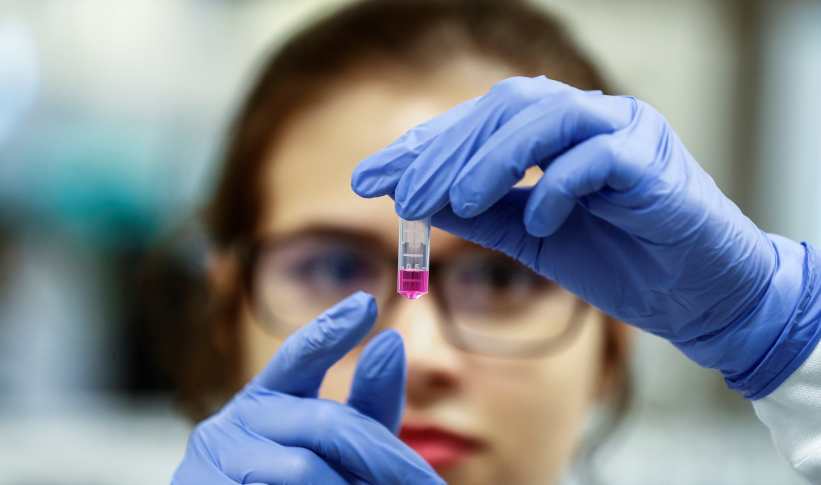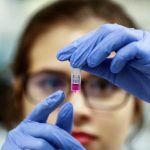Oxford University COVID-19 vaccine shows positive results in first phase of human trials; safe and produced an immune response

In a race to find cure for the deadly coronavirus, about 140 drugs are currently in development worldwide with dozens of companies and university researchers in a race to develop therapies for or vaccines against the virus.
Today, we have some good news on the vaccine front and promising news out of UK on treatment and vaccine research. The Lancet says Oxford vaccine candidate: “The early stage trial finds that the vaccine is safe, causes few side effects, and induces strong immune responses in both parts of the immune system.”
The early trials of the Oxford University COVID-19 vaccine, being developed with AstraZeneca, shows that the vaccine is safe and induces an increased antibody response.
Phase 3 trials are needed to confirm whether the vaccine would be effective. The results of the Phase I/II trial published today in the scientific journal, The Lancet, indicate no early safety concerns and induces strong immune responses in both parts of the immune system.
According to the results, “the vaccine provoked a T cell response within 14 days of vaccination (white blood cells that can attack cells infected with the SARS-CoV-2 virus), and an antibody response within 28 days (antibodies are able to neutralize the virus so that it cannot infect cells when initially contracted).”
Early preliminary data also shows that AstraZeneca’s experimental COVID-19 vaccine was safe and produced an immune response in early-stage clinical trials in healthy volunteers. The vaccine, called AZD1222 and being developed by AstraZeneca and scientists at Britain’s University of Oxford, did not prompt any serious side effects and elicited antibody and T-cell immune responses, according to trial results published in The Lancet medical journal.
Last month, we told you about the first trial of Oxford vaccine that began in Africa. In May, Oxford University announced the start of a Phase II/III UK trial of AZD1222 in about 10,000 adult volunteers. Other late-stage trials are due to begin in a number of countries. AstraZeneca recognizes that the potential vaccine may not work but is committed to progressing the clinical program with speed and scaling up manufacturing at risk.
“We hope this means the immune system will remember the virus, so that our vaccine will protect people for an extended period,” study lead author Andrew Pollard of the University of Oxford said.
“However, we need more research before we can confirm the vaccine effectively protects against SARS-CoV-2 (COVID-19) infection, and for how long any protection lasts,” he said. AstraZeneca’s is among the leading vaccine candidates against a pandemic that has claimed more than 600,000 lives, alongside others in mid and late-stage trials.
Below is a video overview of the first trial results.
https://twitter.com/i/status/1285210154984710145

